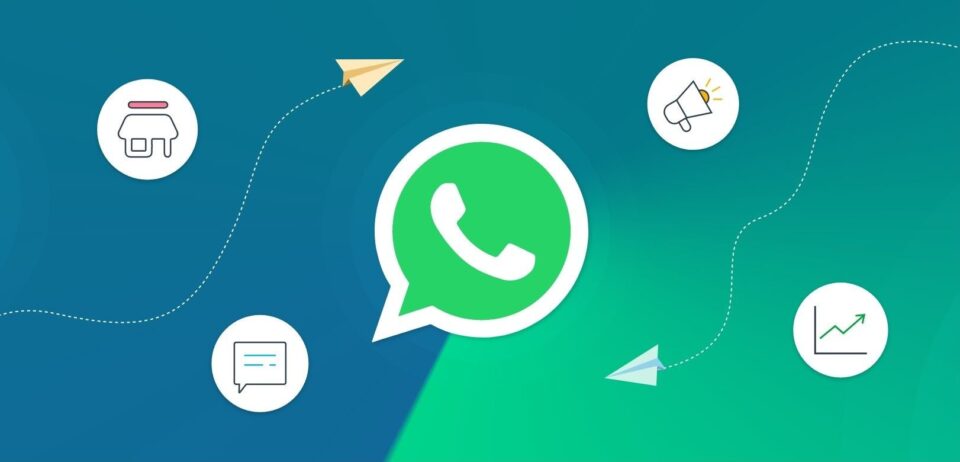WhatsApp marketing is gaining traction as a powerful tool for engaging customers. To harness its potential, businesses need a well-defined strategy. This article explores key steps to build a successful WhatsApp marketing strategy.
1. Understanding WhatsApp Marketing
WhatsApp marketing involves using the platform to communicate with customers, promote products, and provide customer service. The goal is to create meaningful interactions and drive business growth. WhatsApp offers various features that can enhance marketing efforts.
2. Define Objectives
Start by defining clear objectives for the WhatsApp marketing campaign. Are the goals to increase sales, boost customer engagement, or enhance brand loyalty? Setting specific, measurable objectives will guide the strategy and help assess its success.
3. Know Your Audience
Understanding the target audience is crucial. Analyze customer preferences, behaviors, and communication habits. This insight helps tailor messages and promotions to meet their needs effectively. Personalized communication can significantly improve engagement rates.
4. Build a Contact List
Develop a strategy to build a robust contact list. Use various channels like social media, website pop-ups, and in-store promotions to encourage users to join. Ensure compliance with privacy regulations and obtain consent before sending messages.
5. Create Engaging Content
Content is key to any marketing strategy. Craft engaging and relevant messages for the audience. Share updates, promotions, and valuable information that resonates with them. Visual content like images and videos can enhance engagement.
6. Use Automation Wisely
Automation tools can streamline WhatsApp marketing. Set up automated responses for common queries and use broadcast lists to send updates. However, balance automation with personalized interactions to maintain a human touch.
7. Measure and Analyze Performance
Monitor WhatsApp marketing efforts regularly. Track metrics such as message open rates, click-through rates, and conversion rates. Analyzing this data helps identify what works and where improvements are needed.
8. Integrate with Other Channels
WhatsApp marketing should complement other marketing channels. Ensure consistent messaging across platforms like email, social media, and the website. Integration helps create a unified customer experience and reinforces marketing efforts.
9. Leverage WhatsApp API
For advanced features and scalability, consider using the WhatsApp API. The API allows for more sophisticated messaging capabilities, including integration with CRM systems and advanced analytics. Providers like MSG91 offer comprehensive solutions for WhatsApp API services.
10. Stay Compliant
Ensure all marketing practices comply with WhatsApp’s policies and local regulations. This includes respecting user privacy, obtaining consent, and avoiding spammy tactics. Adherence to guidelines helps maintain a positive brand reputation and builds trust with customers.
Conclusion
Building a successful WhatsApp marketing strategy involves defining clear objectives, understanding the audience, and creating engaging content. Using automation wisely and integrating with other channels can enhance effectiveness.
For advanced needs, leveraging the WhatsApp API through providers like MSG91 can offer additional benefits. Regular monitoring and compliance are essential to sustaining a successful marketing campaign. By following these steps, businesses can maximize their WhatsApp marketing efforts and achieve their goals. Please feel free to share your insights with us regarding the discussion below in the comment section to make it more useful for others.

